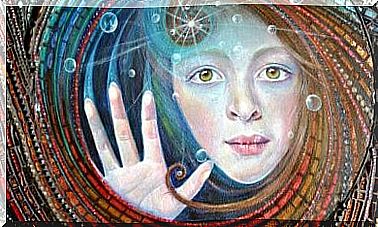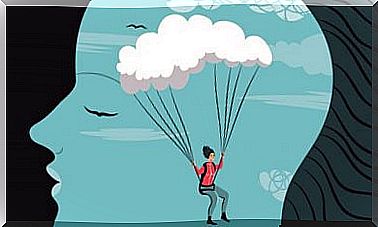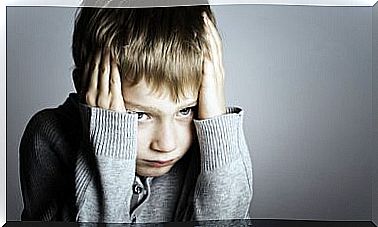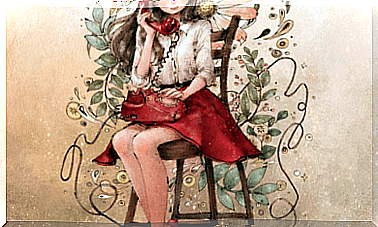The Fear Of Shining

One of the great paradoxes of the human being is that of wanting to be special , but at the same time being afraid to shine. Who does not want to be recognized and admired? We all have the need for others to see our virtues. And in this there is a plus if, in addition to seeing them, they are outstanding.
Now, many are intimidated when it comes to standing out. Almost all actually. And it is that to stand out, you also need to separate yourself a little from the group, not remain in the herd. In other words, place yourself in the register of “what is different.” That’s where that fear of shining sometimes comes from.
So the first thing to do is make a distinction between being approved and standing out. When you are approved, you receive that pat on the shoulder, or that exaltation that attests that you are being accepted and valued by a group. On the other hand, when you stand out, when you shine with your own light, you do not necessarily get acceptance. It is even possible that you generate rejection.
Sometimes the matter is not so extreme. Fear of shine can stem from hurt self-esteem. In these circumstances, the recognition of others is scary. You want to remain anonymous, even if you secretly want and need it.
The fear of shining and guilt
Someone’s success often makes other people feel bad. It is unavoidable. It is part of the package. An exceptional triumph necessarily impacts others and many will even feel inferior, even if that is not your intention. An insecure person assumes the success of others as a threat. It is as if this brings to the fore the fact that he was not the one who did it.

We know all this intuitively. We sense that success gives rise to latent or explicit hostility. The fear of those reactions influences the fear of shining. You don’t want to get into tension with others. Especially if they are important people to us.
There are unconscious mechanisms that often lead to punishing who stands out, who has more power or brilliance.
Family and the fear of shining
The family is the first nucleus of socialization and many times it is there where this fear of shining is installed. It occurs mainly when the family is dysfunctional or a lack of self-worth, envy or a feeling of inferiority predominates. If one of the members of such a family succeeds, it is seen almost as a betrayal.
Of course, this does not happen in the realm of consciousness. It is filtered through behaviors such as forbidding bragging rights or forcing someone to put their talents at the service of others, precisely because they “do it better.” The idea is then introduced that standing out brings negative consequences.
Likewise, parents instill implicit mandates in their children. One of them, very frequent, is to suffer for their suffering. Anyone who has such parents will feel terribly bad when they achieve an achievement that makes them very happy. How to feel good, knowing that they suffer? Hence the fear of shining
When you stand out, you also expose yourself
To the above, you can add the cases in which you feel afraid to shine because there is a huge fear of being different. You are afraid of being singled out, questioned, or rejected. Standing out is also exposing yourself. And exposing oneself means facing the opinion of others, which is not always constructive with what is new or what is different.

Normally, the above occurs because excessive value is given to the gaze of others. Hence , much more importance is given to the attributes that others approve, instead of giving it to those characteristics that make us unique. For this reason, implicitly, goals are forged that please the general opinion and not necessarily those that make us happier.
The fear of shining always involves guilt and a fear of being rejected. There are many who give up standing out, just to keep the affection of their family, their friends or their partner. By not “betraying” others, they end up betraying themselves. Adding to joint unhappiness and limiting its development. It is wrong. When we are better, we can also help others to be better.









